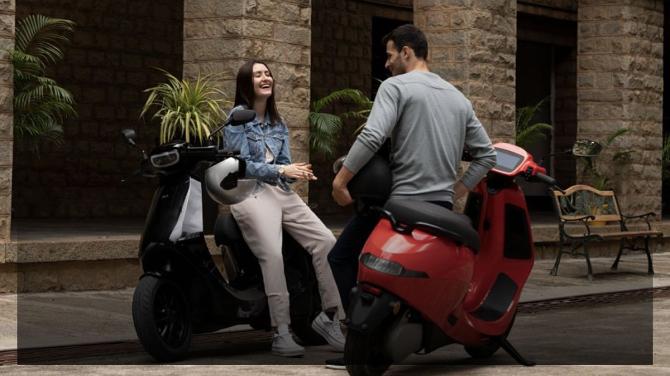30% of two-wheelers will be electric by 2030: Study

India will have 30 per cent of its two-wheeler industry turning electric by 2030 as new manufacturers lead the shift, said a report on Monday.
Passenger vehicles will be 15 per cent electric and the three-wheeler segment 75 per cent electric by 2030, said the report by BNP Paribas called ‘India Autos—Electric vehicles: Minutes to midnight’.
“We see FY22 as the year of inflection for the two-wheeler EV industry, with an accelerated EV adoption helped by incentives, wider availability, model launches, rise in crude prices and improved general awareness. We see 30 per cent of the 2W industry turning electric by 2030; the pace of incentive withdrawal presents an upside/downside risk,” the report (India Autos – Electric vehicles: Minutes to midnight) said.
New entrants are expected to drive growth in the two-wheeler market. The largest player, Okinawa Autotech, has a market share of 20 per cent in terms of volume.
The top 10 companies in the segment account for 93 per cent volume.
Maharashtra tops states in electric two-wheeler (e2W) sales.
The top 11 states account for 84 per cent of the total e2W sales.
The report projected 75 per cent of the three-wheeler industry turning electric by 2030, with the entry of market leader Bajaj Auto acting as catalyst for growth.
YC Electric is the largest company in the segment now with 10 per cent market share.
Top 10 firms account for less than 40 per cent of volume.
Uttar Pradesh contributes to one-third of the total electric three-wheelers getting registered.
The other major states are Delhi and Bihar.
“Electric passenger vehicles are at a nascent stage, we see inflection after FY25 and EV penetration reaching 15 per cent by 2030, the report said.
“There will be more EPV by 2025 due to expanded charging infrastructure, government policies, vehicles becoming cheaper and model launches by original equipment manufacturers (OEM).
“The segment is dominated by Tata Motors, with 80 per cent volume market share. Maharashtra is the leading market for EPV, having 33 per cent market share.
Top 10 states account for close to 90 per cent of volume.
Clean energy mobility will play a key role in achieving India’s commitment to lower its carbon emissions and reduce dependence on fossil energy.
“Over the last few years, CO2 emissions by new vehicles have not been reducing meaningfully.
“It has slowed for 2Ws and stalled for PVs.”
The major reasons sighted for this slowdown on CO2 reduction is coming from customers shifting to higher CO2 (carbon dioxide) emitting SUVs and higher cc two-wheelers.
The report cited that start-ups are going to get a first-mover advantage among EVs.
“As has been witnessed over the last decade in different industries, start-ups lead the disruption in a segment and are then followed by legacy companies; the first-mover advantage gained by these start-ups likely changes the market dynamics in the industry in terms of market share, new streams of revenue.”
Source: Read Full Article

